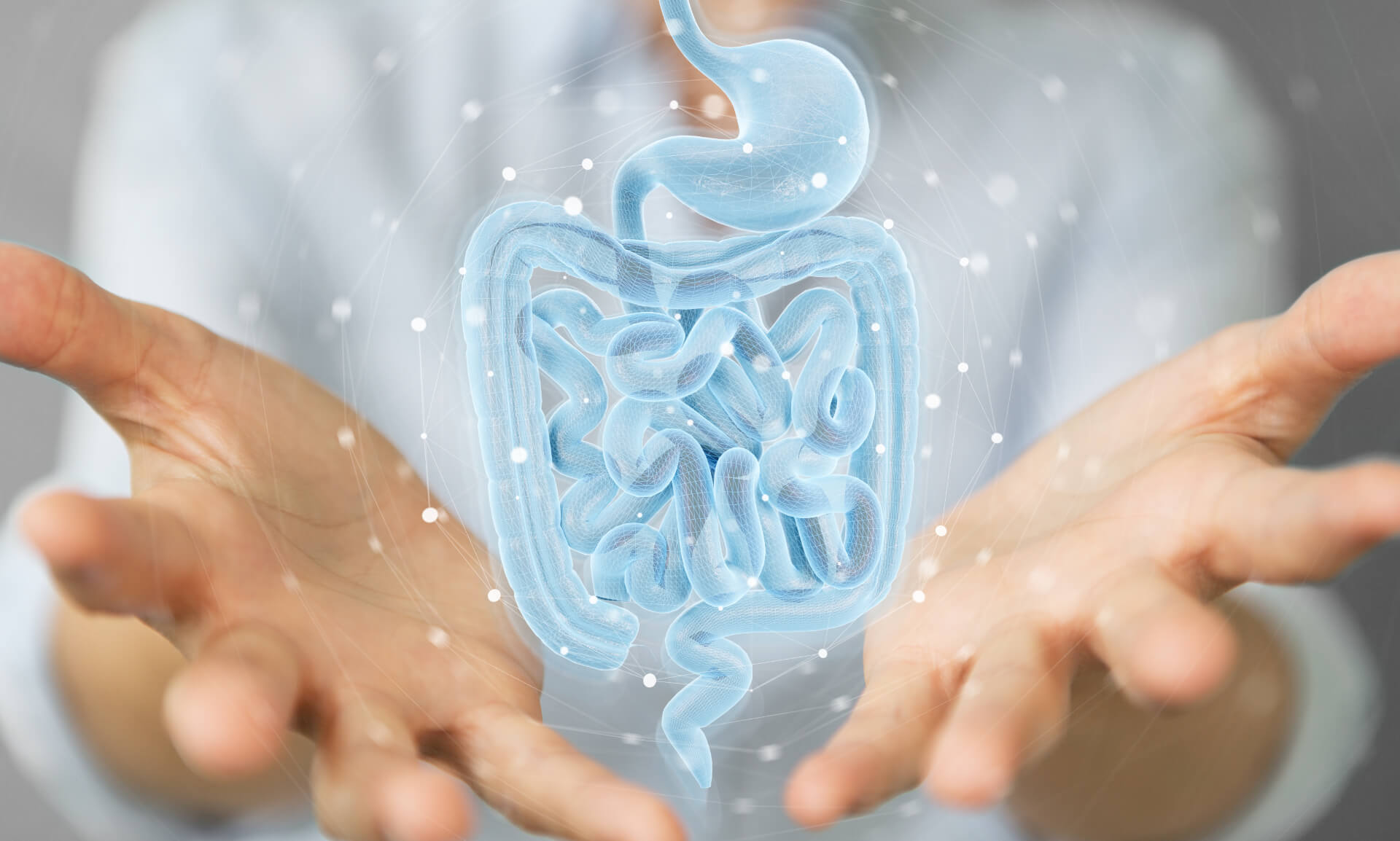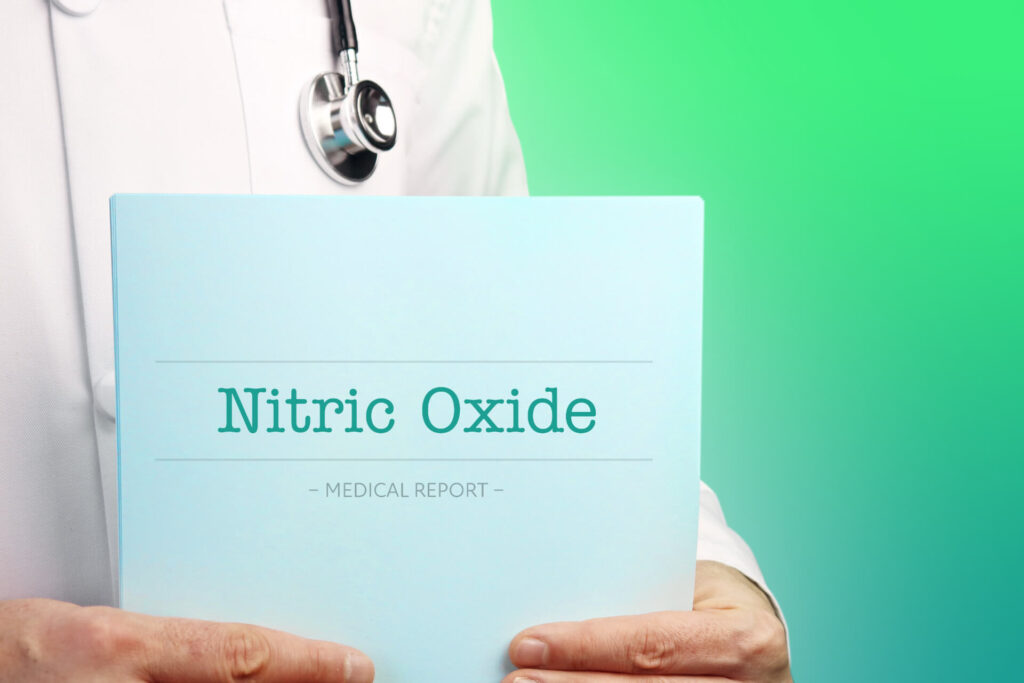We, humans, live in a symbiotic relationship with thousands of bacteria, archaea, fungi, viruses, and protozoa that together make up our microbiome. The exact makeup of this complex system varies significantly from individual to individual. Everything from the food we eat to the way we’re born influences the species of bacteria that reside in us. Your ‘microbiome’ dramatically impacts your health, your ability to digest food and more. We, in turn, affect them.
Here we explore our microbiome’s significance to our health and its role in inflammation and depression. How western society is losing its microbiome diversity and how we can reverse this.
Lets Get Started:
You Are an Ecosystem
You are walking down the road when this creature made mostly of bacterial cells is coming towards you.
You:
- Grab your hand sanitizer and spray the bejesus out of it.
- Politely give it a wide berth, gulp down your traveller’s diarrhea antibiotics, and pray
- Rush towards it, hug it and say, “Hello, Taylor.”
#3 of course!
It is Taylor, the friend you were meeting. She is 5 minutes late, but no need to overreact!
Yup, Taylor, like the rest of us, has more bacterial cells inside her than human cells, and we have more bacterial DNA inside us than human DNA.
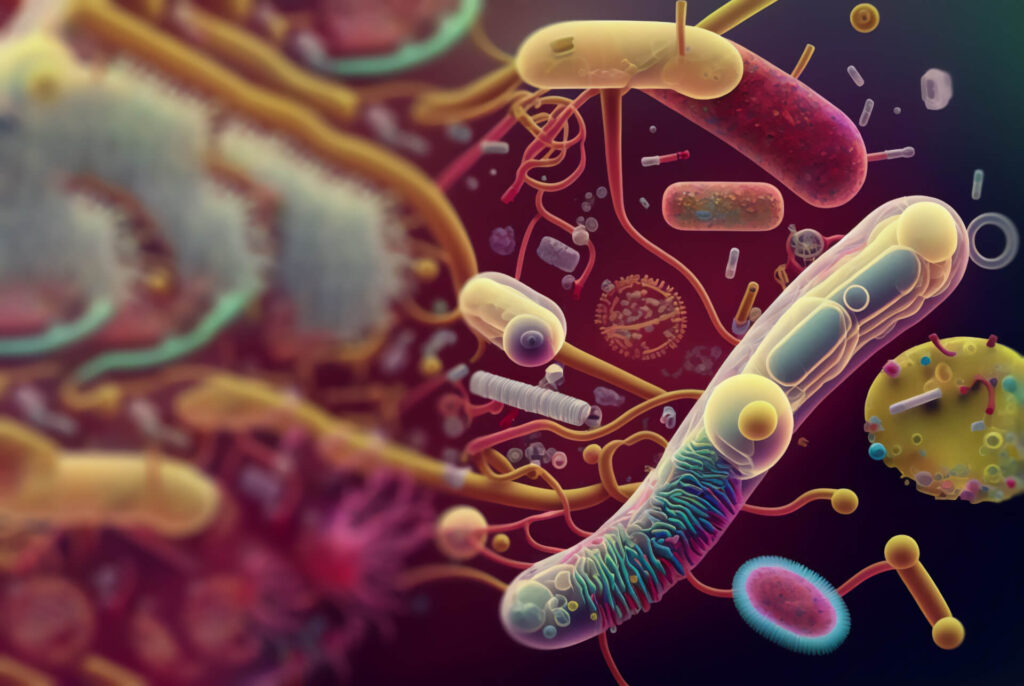
Most of these organisms collectively called our microbiome, live in our large intestine, and they are not just hanging out nibbling on some fibre we ate. Nope, these bacteria interact with and influence our immune system and cellular metabolism. They even influence our nervous system altering our mood and behaviour. This begs the question, are we human, or are we an ecosystem and who is in charge here?
Microbiome Vs Microbiota: What is the Difference:
Sometimes used interchangeably, these two terms have subtle differences. The microbiome refers to the collection of genomes (different DNA) from all the microorganisms in a specific part of you, i.e. in your gut. Microbiota, however, usually refers to the various microorganisms in a particular part of you. In other words, microbiome refers to the non-human DNA in you, and Microbiota refers to the non-human life forms in you.
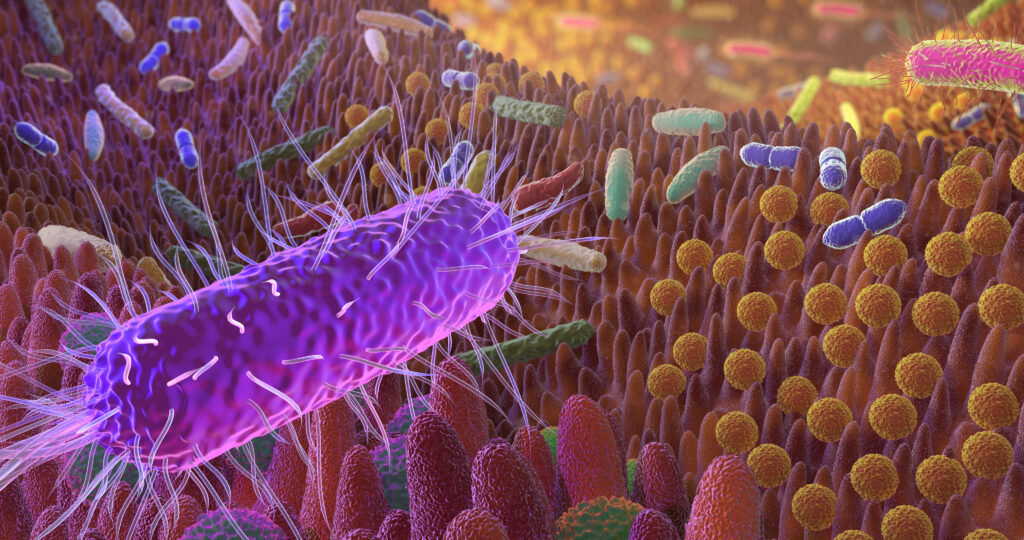
Your Microbiome and Inflammation
Research shows that the microbiome in “westernized “guts has significantly less diversity than those in rural areas of Africa, South America, and Micronesia. Studies also show that low microbiome diversity correlates with increased markers for inflammation and higher incidence of chronic diseases such as heart disease, diabetes and metabolic syndrome.
What’s the possible link here?
Apparently, we have outsourced part of our immune system to our fellow body dwellers. While breaking down the complex carbohydrates we eat, the microbiota release lots of short-chain fatty acids that our gut absorbs. These fatty acids are anti-inflammatory compounds and play an essential role in balancing our immune system and preventing it from becoming too heavy on the inflammatory side.
A diverse microbiome correlates with reduced inflammation.
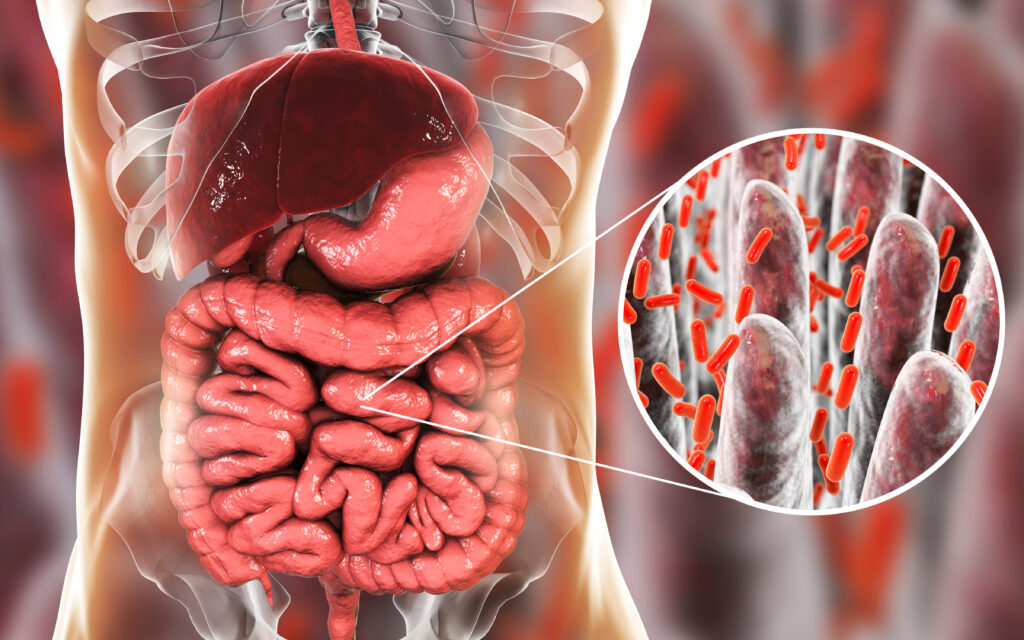
Your Microbiome and Depression
Our symbiotic gut pals are also involved in the production of serotonin, the neurotransmitter that plays a role in depression. Over 80% of our serotonin comes from our gut, not our brains. So a healthy gut may correlate to less depression.
How to Improve your Gut Microbiome
So how do we take care of our microbiome? They need a variety of complex carbohydrates to survive. When we eat simple sugars and refined carbohydrates, they quickly break down. They are rapidly absorbed, leaving nothing for our poor starving Microbiota.
Without fibre, our gut organisms live on mucous secreted by our intestinal cells. This mucous typically provides some distance between our intestinal wall and the microorganisms in our gut. It acts as a barrier. But when there are no complex carbohydrates for our microbiome, they live on this mucous coming dangerously close to our intestinal walls. Studies show inflammation in our intestinal walls when there are no complex carbohydrates for our microbiome to live on.
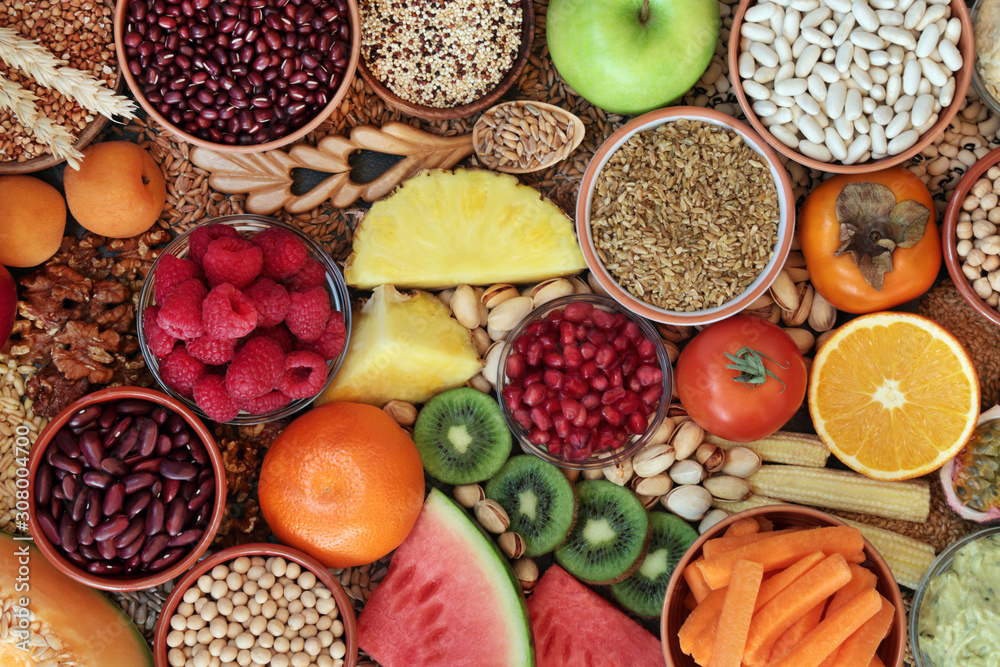
We starve our symbiotic partners to the point they literally begin eating the hand that feeds them.
Although complex carbohydrates are essential to maintain and, to some degree, replenish our microbiome diversity, other factors have caused us to lose that diversity:
- Our extreme obsession with sanitation.
- Our overuse of antibiotics
- The rise in Cesarian sections which prevents colonization of the newborn gut with healthy maternal vaginal bacteria.
Putting it all Together
A diverse microbiome is essential for health, yet we pay little attention to nourishing our symbiotic friends. Unless we bring awareness to feeding them when we feed ourselves and to protecting them, we put ourselves at risk for chronic inflammation and chronic diseases so prevelent in our society
